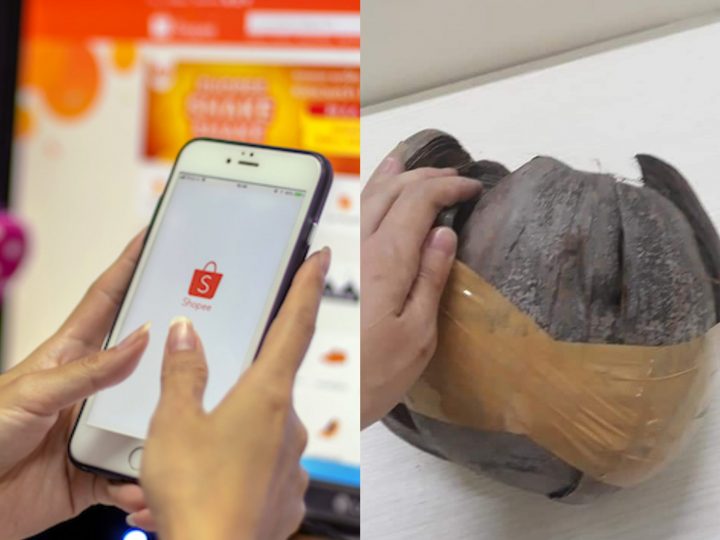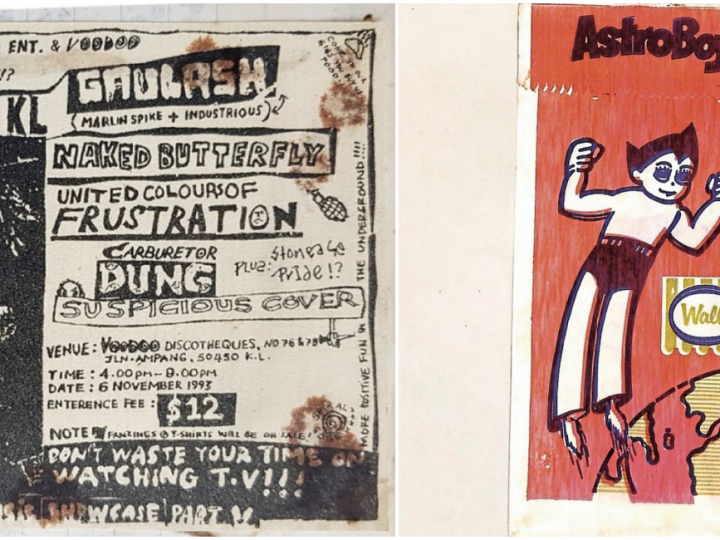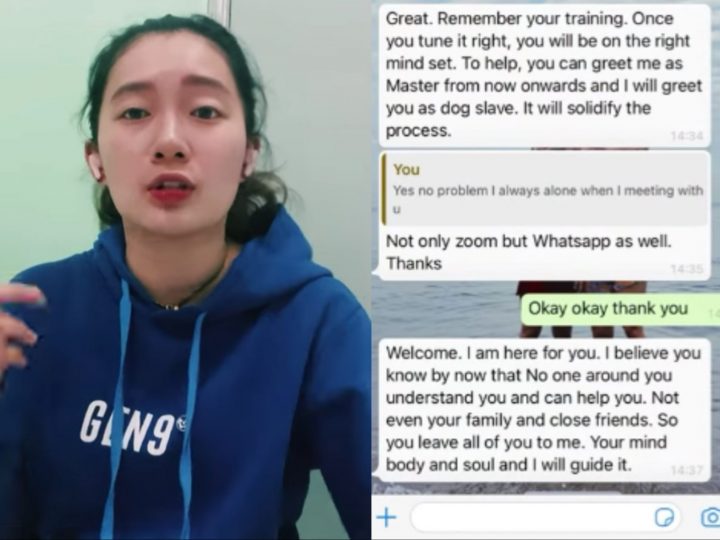People Keep Finding Deceased Loved Ones Frozen in Time on Google Street Views
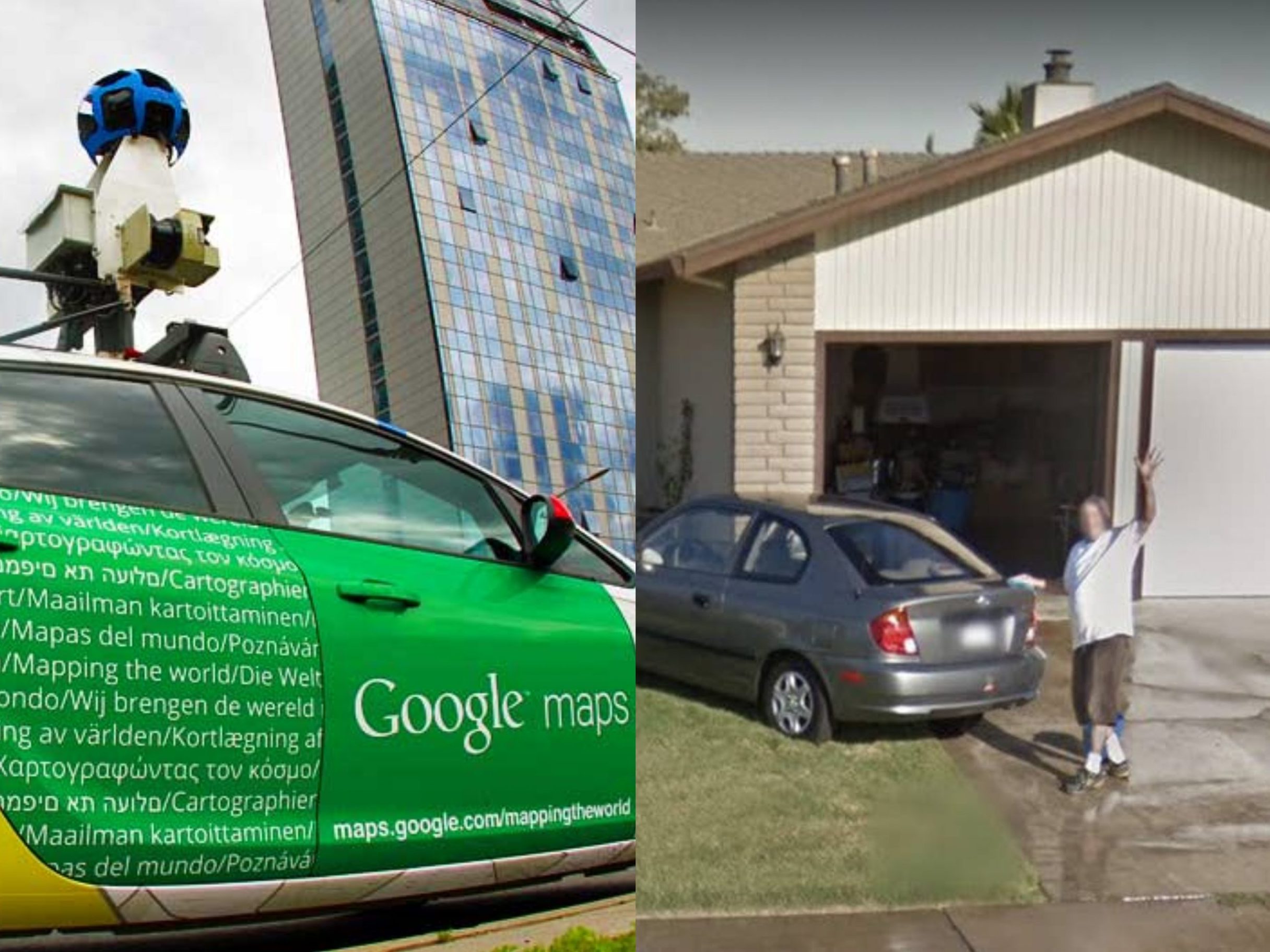 Thirsty for JUICE content? Quench your cravings on our Instagram, TikTok and WhatsApp
Thirsty for JUICE content? Quench your cravings on our Instagram, TikTok and WhatsApp
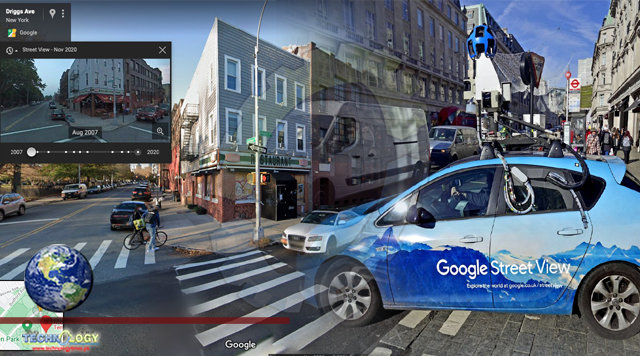
Some people are discovering that if they scroll through Google Street View long enough and use a time travel feature, they just might find the image of a late loved one captured by one of Google’s cameras.
It was all sparked by a post on the Twitter account @Fesshole where the user confessed to going on Google Maps to look for images dated before the death of the user’s father.
I go on Google maps to the images that were dates as being taken before my dad died so I can walk around a little bit in a world where he is still with me.
— Fesshole (@fesshole) June 16, 2021
Since then, it has led to many users sharing touching images of their deceased family members and friends spotted in the Street View captures – frozen in time.
For instance, Twitter-user @seanyboyo shows his parents walking hand-in-hand past a red-coloured car.
I can go back to 2009 and see my parents walking down the road holding hands. I lost them both 8 & 6 years ago. pic.twitter.com/0YmYROw81k
— Seán (@seanyboyo) June 16, 2021
Meanwhile, Neil Henderson, an editor at BBC, tweeted an image of his father and wrote, “My dad outside his house; passed away a few years ago, but still here”.
My dad outside his house; passed away a few years ago, but still here. pic.twitter.com/uLIXBZiv54
— Neil Henderson (@hendopolis) June 16, 2021
According to VOX, this is hardly the first time people have used the time travel feature in Street View to go searching for the departed on Google Maps, or to share the experience on social media.
Google released Street View in 2007, and these types of viral Twitter posts have been happening since at least 2013.
Google says the digital recreation of the physical world is powered by millions of cameras that capture multiple angles, collected by people “driving, pedalling, sailing, and walking around and capturing imagery”. The company has also moved to allow users to submit their own images to supplement its own Street View.
While helping people remember dead family members isn’t really the intended purpose of Google Maps, a spokesperson said that it was “heartwarming” people were using the platform in this way.
That’s her. On the way back from the shops. She’s going home to the house I grew up in and my dad still lives in, in the next street. I’ve known this place my entire life and we laughed when we found her years back. I thought it was lost forever. pic.twitter.com/niYSHAPsl1
— Steven Wade (@familylawspec) June 17, 2021
On a surface level, yes – it is somewhat heartwarming but many argued that it is a form of unwanted surveillance. Google says it has systems in place for blurring out personally-identifying information from passersby and license plates in the photos it takes.
But clearly, some people can still be identified if a family member knows what they’re looking for.
This just serves as a reminder that Google plays a major role in documenting our daily lives over time and um… we’re not sure how to feel about that.


 Get Audio+
Get Audio+ Hot FM
Hot FM Kool 101
Kool 101 Eight FM
Eight FM Fly FM
Fly FM Molek FM
Molek FM